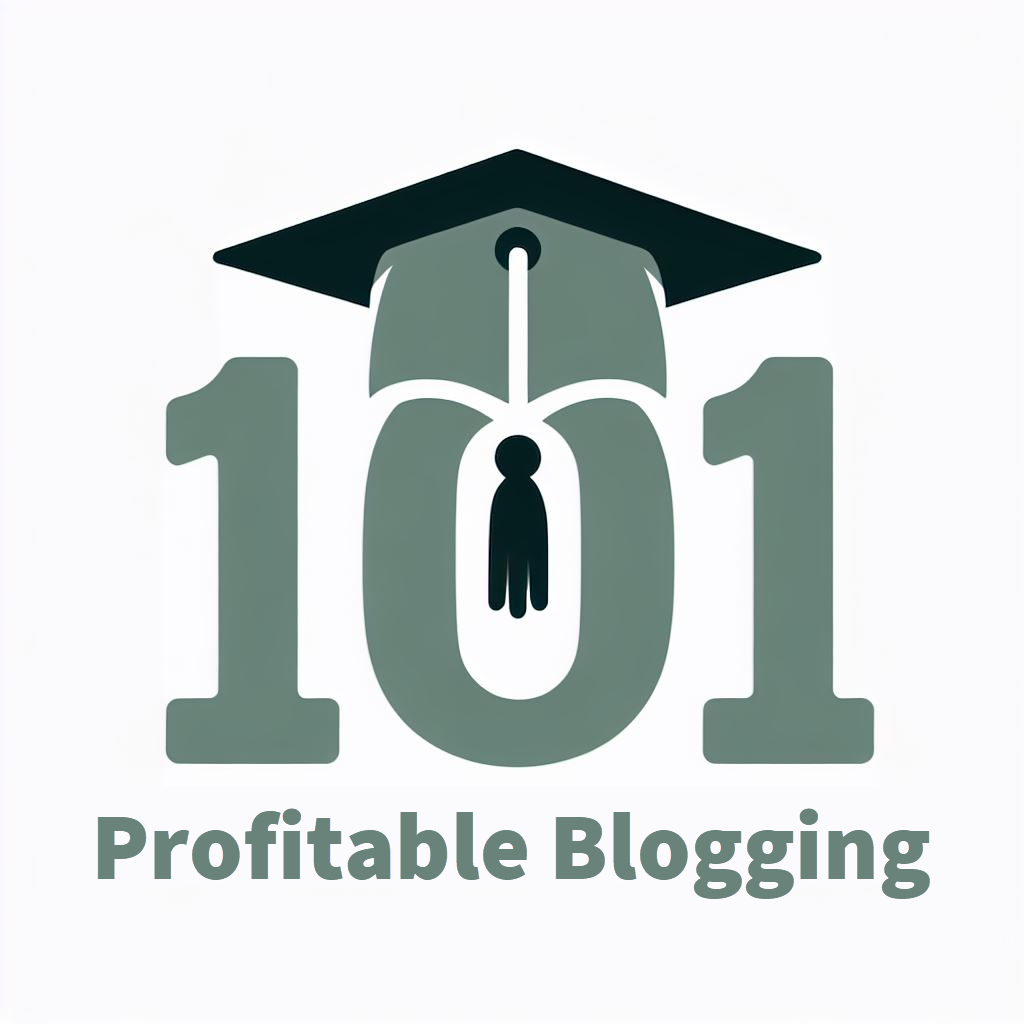The Secret Sauce of Success: Unlocking the Power of SEO for Bloggers
Unlocking the power of SEO for bloggers is like having a secret recipe for online success.
Have you ever wondered how some bloggers consistently attract a large audience and climb the search engine rankings?
The key lies in mastering the art of SEO, a game-changer in the digital domain.
Understanding its nuances and implementing strategic techniques can propel your blog to new heights, increasing visibility and driving organic traffic.
But what exactly are these secrets, and how can you unravel them to elevate your blogging game?
Understanding SEO Fundamentals
To excel in the domain of SEO, bloggers must grasp the core principles and tactics that underlie search engine optimization strategies. Understanding SEO fundamentals is vital for enhancing your online presence and driving organic traffic to your blog. Key components include on-page optimization, off-page optimization, technical SEO, and content quality.
On-page optimization involves optimizing elements within your website like meta tags, headings, and keyword density to improve search engine rankings. Off-page optimization focuses on building quality backlinks and enhancing your site's authority through external references. Technical SEO guarantees that search engines can crawl and index your website effectively, while content quality involves creating valuable, relevant, and engaging content for your audience.
Keyword Research Techniques
Mastering keyword research techniques is key to optimizing your blog's content for search engines and increasing your visibility online. To start, consider using tools like Google Keyword Planner, SEMrush, or Ahrefs to discover relevant keywords in your niche. These tools provide valuable insights into search volume, competition level, and related keywords, helping you choose the most effective ones for your content.
Next, focus on long-tail keywords, which are more specific phrases that target a particular audience. Long-tail keywords often have less competition, allowing you to rank higher in search results and attract more qualified traffic to your blog. Additionally, incorporating semantic keywords – words related to your main keywords – can enhance the context of your content and improve its relevance to search engines.
Remember to regularly update your keyword strategy based on performance data and industry trends. By staying adaptive and informed, you can continually refine your keyword research techniques to drive organic traffic and achieve greater success with your blog.
On-Page SEO Optimization
Revealing the potential of on-page SEO optimization requires a strategic approach to enhance your blog's visibility and attract organic traffic. To kickstart this process, focus on optimizing your meta tags, including title tags, meta descriptions, and headers. Craft compelling meta descriptions that entice users to click through to your blog. Utilize relevant keywords naturally within your content while ensuring readability and user engagement remain a priority.
Strategically structure your content by using headers to break up text, making it easier for both readers and search engines to understand your blog's topics. Essential linking is another important aspect of on-page SEO. Link relevant pages within your blog to establish a hierarchy and guide visitors to other valuable content on your site.
Don't forget about optimizing your images with descriptive alt text and filenames. This not only improves accessibility but also provides another opportunity to include relevant keywords. By implementing these on-page SEO strategies, you can enhance your blog's search engine visibility and attract a steady stream of organic traffic.
Creating High-Quality Content
Crafting high-quality content is pivotal in establishing your blog as an authoritative source and driving organic traffic to your site. To guarantee your content resonates with your audience and boosts your SEO efforts, follow these key strategies:
- Keyword Research: Conduct thorough keyword research to understand what topics your audience is searching for and incorporate these keywords naturally into your content.
- Valuable Information: Provide valuable and relevant information that addresses the needs and interests of your target audience. Solve problems, answer questions, and offer unique insights to keep readers engaged.
- Engaging Multimedia: Incorporate engaging multimedia elements such as images, videos, and infographics to enhance the visual appeal of your content and make it more shareable on social media platforms.
- Consistent Publishing Schedule: Maintain a consistent publishing schedule to keep your audience coming back for more. Regularly updated content signals to search engines that your site is active and relevant, improving your SEO rankings.
Importance of Backlink Building
Building a strong network of backlinks is essential for boosting your blog's SEO performance and increasing its visibility in search engine results. Backlinks are like upvotes from other websites, signaling to search engines that your content is valuable and trustworthy. The more high-quality backlinks you have, the higher your blog is likely to rank in search results.
When building backlinks, focus on quality over quantity. Seek out reputable websites in your niche to link back to your content. Guest posting on relevant blogs, participating in online communities, and reaching out to influencers for collaborations are effective strategies to acquire backlinks. Additionally, internal linking within your own blog can also strengthen your SEO performance.
Enhancing User Experience
To optimize your blog's performance and attract more visitors, prioritizing user experience is key. Enhancing user experience not only keeps visitors engaged but also boosts your SEO rankings.
Here are four essential strategies to improve user experience on your blog:
- Rapid Loading Speed: Users crave instant gratification. Make sure your blog loads quickly to prevent visitors from bouncing off to other sites.
- Simple Navigation: Make it easy for users to find what they're looking for. Well-organized menus and clear categories can enhance the user experience.
- High-Quality Content: Offer valuable and informative content that resonates with your audience. Engaging posts keep users on your site longer, signaling search engines that your blog is relevant.
- Interactive Elements: Encourage user interaction through comments, polls, and quizzes. Interactive elements not only make your blog more engaging but also increase the time users spend on your site.
Mobile-Friendly Blog Design
Optimizing your blog for mobile devices is fundamental in today's digital landscape to guarantee a seamless user experience and enhance your search engine rankings. With the increasing number of users accessing content on their smartphones and tablets, having a mobile-friendly blog design is essential for attracting and retaining visitors. Search engines like Google prioritize mobile-friendly websites in their rankings, so ensuring your blog is optimized for mobile can give you a competitive edge in the online domain.
To create a mobile-friendly blog design, focus on responsive web design that adapts to different screen sizes and resolutions. Make sure your content is easily readable without zooming and that buttons and links are easily clickable on touchscreens. Additionally, optimize your images and videos for mobile viewing to improve loading times and overall user experience.
Utilizing Social Media for SEO
Utilizing the power of social media is essential for improving your blog's SEO performance and expanding your online reach. Social media platforms can greatly impact your blog's visibility and engagement.
Here are four key strategies to leverage social media for SEO success:
- Consistent Posting: Regularly share your blog content across different social media channels to increase visibility and drive traffic back to your site.
- Engagement and Interaction: Actively engage with your audience by responding to comments, messages, and participating in discussions to foster a community around your blog.
- Hashtag Strategy: Use relevant hashtags to categorize your posts and make them discoverable to a wider audience interested in your niche.
- Visual Content: Incorporate eye-catching images, infographics, and videos in your social media posts to increase engagement and encourage sharing, which can boost your blog's SEO performance.
Tracking and Analyzing Metrics
Enhance your blog's performance and reach by meticulously tracking and analyzing key metrics related to your social media efforts. Monitoring metrics is vital for understanding the effectiveness of your SEO strategies.
Begin by examining engagement metrics such as likes, shares, and comments to gauge audience interaction. Analyze click-through rates to assess the impact of your content on driving traffic to your blog.
Keep a close eye on conversion rates to measure how effectively your posts are leading to desired actions.
SEO Tools for Bloggers
To maximize your blog's search engine optimization potential, leverage a variety of SEO tools tailored for bloggers. These tools can provide valuable insights and data to help you optimize your content and improve your website's visibility.
Here are four essential SEO tools you should consider integrating into your blogging strategy:
- Google Analytics: Track your website traffic, user behavior, and other essential metrics to understand how users interact with your blog. Use this data to make informed decisions and optimize your content for better performance.
- Yoast SEO: A powerful WordPress plugin that helps you optimize your blog posts for specific keywords and readability. It provides real-time suggestions to improve your content's SEO and readability score.
- SEMrush: Conduct keyword research, track your competitors, and analyze backlinks with this all-in-one SEO tool. Identify new opportunities to enhance your blog's search visibility and outrank your competitors.
- Ahrefs: Explore what keywords your competitors are ranking for, monitor your backlink profile, and track your keyword rankings with this exhaustive SEO tool. Gain valuable insights to refine your SEO strategy and stay ahead in the search rankings game.
Advanced SEO Strategies
Maximize your blogging success by implementing advanced SEO strategies that propel your content to the top of search engine results. To achieve this, focus on creating high-quality, long-form content that thoroughly covers your topic. Search engines value in-depth articles, so aim for a word count of at least 1500 words to provide detailed information to your readers.
Additionally, leverage the power of backlinks from reputable websites in your niche. Building a strong backlink profile signals to search engines that your content is authoritative and trustworthy. Guest posting on industry-related blogs or collaborating with influencers can help you acquire valuable backlinks.
Moreover, optimize your website's loading speed to enhance user experience and boost your search engine rankings. Use tools like Google PageSpeed Insights to identify and fix any performance issues that could be slowing down your site.
Frequently Asked Questions
How Long Does It Typically Take for SEO Efforts to Start Showing Results for a Blogger?
Typically, it takes several weeks for SEO efforts to yield noticeable results for a blogger. Consistent optimization, quality content, and relevant keywords can expedite this process. Stay patient and persistent in your strategy for best outcomes.
Is It Necessary for Bloggers to Constantly Update Their Keyword Research and Optimize Their Content for New Keywords?
To maintain visibility and relevance, bloggers should regularly update keyword research and optimize content for new keywords. This dynamic approach guarantees that your blog stays competitive and attracts organic traffic over time.
Can Bloggers Benefit From Using Paid Advertising in Conjunction With Their SEO Strategies?
You can certainly benefit from using paid advertising alongside your SEO strategies. Combining both can increase visibility, drive targeted traffic, and help you reach a broader audience. It's a smart move to maximize your online presence.
How Can Bloggers Effectively Monitor and Improve Their Website's Loading Speed for Better SEO Performance?
Want to boost your website's SEO performance? Start by monitoring your loading speed. Use tools like Google PageSpeed Insights to identify areas for improvement. Optimize images, minimize redirects, and leverage browser caching for faster loading times.
What Are Some Common Mistakes That Bloggers Make When Trying to Implement SEO Strategies on Their Websites?
When implementing SEO strategies on your website, common mistakes include neglecting keyword research, overlooking meta tags, and failing to create quality content. Address these errors by focusing on relevant keywords, optimizing meta tags, and producing valuable content consistently.
Conclusion
In summary, mastering SEO is essential for bloggers to drive traffic and grow their audience. Did you know that websites on the first page of Google receive 95% of web traffic?
By implementing SEO techniques like keyword research, on-page optimization, and backlink building, you can enhance your chances of ranking higher in search engine results.
Stay focused, strategic, and continue to refine your SEO strategy to reveal the power of success in the digital world.







